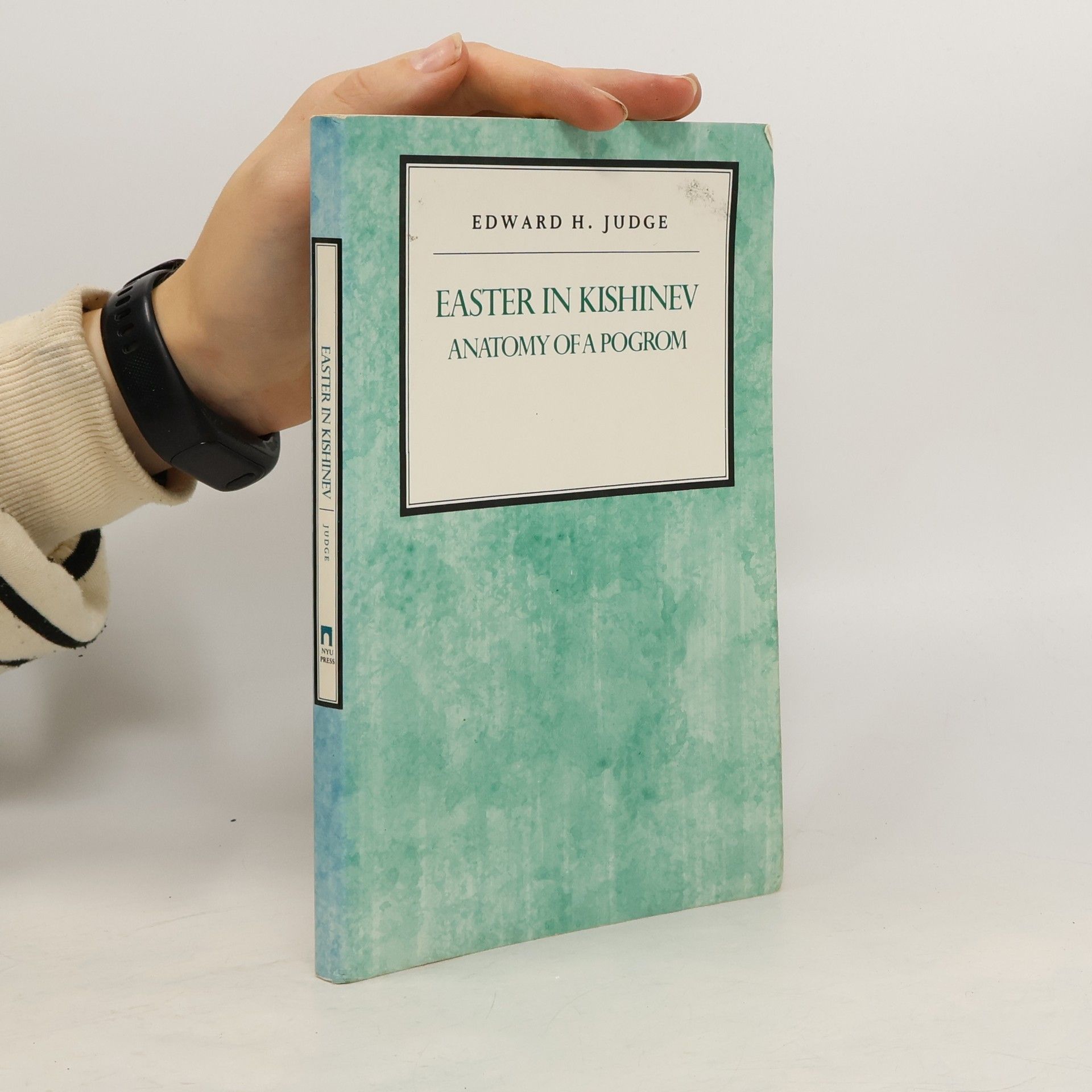Judge's book offers an in-depth exploration of the 1903 Kishinev pogrom, presenting a comprehensive analysis in seven well-crafted chapters. The narrative begins with the historical context of the Jewish question in Russia and provides a profile of Kishinev, a city of 100,000 grappling with rapid growth, ethnic tensions, and anti-Semitism. The story unfolds with the murder of 14-year-old Mikhail Rybachenko, which ignited baseless rumors of Jewish ritual murder, leading to widespread panic and violence. By April, these fears culminated in a brutal massacre that left many dead and countless others affected. Edward Judge meticulously examines the events surrounding the pogrom, delving into the societal and political factors that contributed to the violence. He highlights the roles of anti-Semitic agitators and local officials, as well as the failure of authorities to intervene. The aftermath of the pogrom is explored, including public outrage and the government's attempts to manage the fallout. Judge also investigates the subsequent trials of the rioters and scrutinizes the extent of governmental responsibility for the chaos. This extensively researched work sheds light on the complexities of the Kishinev pogrom and its lasting implications for the Jewish community in Russia.
Edward H. Judge Livres
